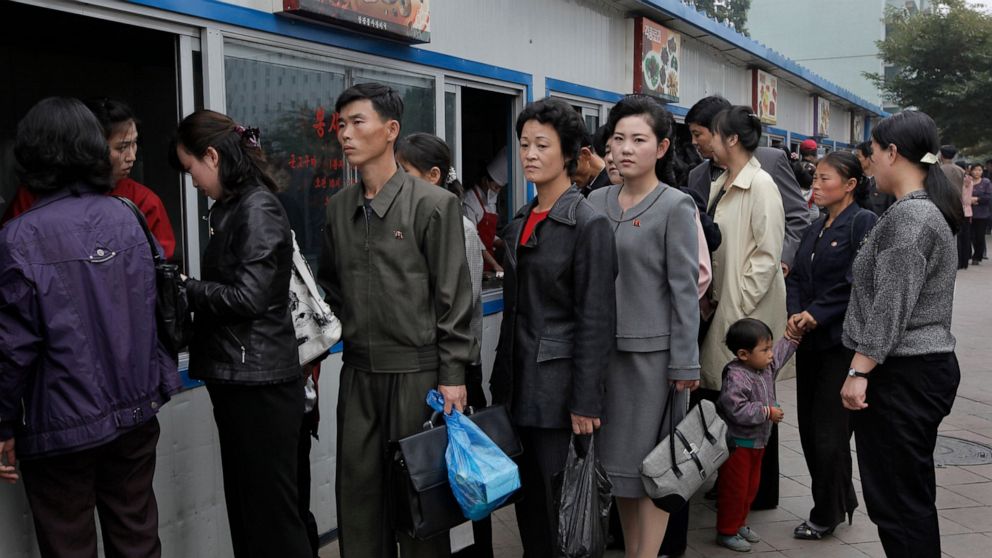Slack CEO Stewart Butterfield discusses the companies’ stock performance and argues it’s difficult to determine the company’s future when you have a 12- to 18-month timeline.
Get all the latest news on coronavirus and more delivered daily to your inbox. Sign up here.
Continue Reading Below
Investment bankers are rethinking their pre-coronavirus lifestyle of exhausting global travel, interrupted family time and all-nighters in the office as they plan an eventual return to the workplace.
Many bankers are finding they can do their jobs without the cost of frequent flying or time wasted in airports thanks to videoconferencing and other technology that has become ubiquitous during the lockdowns resulting from coronavirus pandemic.
Before the lockdown, Vis Raghavan, chief executive for Europe, the Middle East and Africa at JPMorgan Chase & Co. would often rise at 4.30 a.m., head to London’s Heathrow Airport, fly to attend three meetings and return home at 10 p.m. Now he can arrange a video call from home for a meeting.
“I am having meaningful discussions with a lot of clients,” he said. “I hope a lot of the daily transformational changes are sticky and stay on the back of this.”
CORONAVIRUS WORK-FROM-HOME SURVIVAL GUIDE: WHAT YOU NEED FOR SUCCESS
Bankers will eventually fly again. Face-to-face meetings are key to building client trust, they say. But videoconferencing is expected to remain popular as banks look to save on costly flights and time wasted in airports.

Financial-services sector employees have been among the most frequent business travelers, anecdotal evidence shows, said the Business Travel Association, a U.K travel industry group. That frequency, and pricey airfares, make those costs ripe for cuts in a post-virus world.
CONGRESSIONAL LEADERS SUPPORT DEDUCTIONS FOR PPP BORROWERS
In 2019, an average London to New York return business-class ticket cost GBP2,061 ($2,562), according to data from U.K. travel company Skyscanner Ltd.
“We will change the way we are working,” Deutsche Bank Chief Executive Christian Sewing said in April. “The last four weeks have shown us…opportunities to cut costs.”
Though lucrative, investment banking isn’t attractive to many graduates because of the long hours. But as work has moved to the home, workers can enjoy more free time.
The share of full-time M.B.A. graduates from the top 10 U.S. business schools accepting jobs at financial-services firms dropped to 26% from 36% between 2012 and 2017, based on a 2018 Wall Street Journal study. Meanwhile, those accepting jobs in technology rose to 20% from 13%.
WORKING FROM HOME: DO’S AND DON’TS
The finance industry has also been seen as unfriendly to women. Across financial services, women are 24% less likely than men to make their first promotion, according to a 2017 study by LeanIn.Org and McKinsey. The same study found senior women feared more than men that they would be penalized if they worked flexible hours.
The lessons from coronavirus could “help us diversify our workforce” by broadening our appeal to a wider pool of job candidates, said Manolo Falco, co-head of Citigroup’s banking, capital markets and advisory unit.
SMALL BUSINESS LOAN FORGIVENESS CLOUDED BY CONFUSION, UNCERTAINTY
History, though, shows support for remote working can wane. Even if the financial-services industry adopts widespread telecommuting after the lockdown, offices will likely remain a core workplace, industry executives say.
The challenge will be getting people safely into office buildings.
London-based Barclays PLC is considering spreading its investment bankers and call-center workers across its retail branches in the U.K. as a partial alternative to housing them in a few buildings.
GET FOX BUSINESS ON THE GO BY CLICKING HERE
“I think the notion of putting 7,000 people in a building may be a thing of the past and we will find ways to operate with more distancing over a much longer period of time,” Barclays Chief Executive Jes Staley said last month.
Asia leads the U.S. and Europe in returning to a more normal life. That means banks’ operations in that region could help identify what does and doesn’t work when employees in other locations return to the office.
CLICK HERE TO READ MORE ON FOX BUSINESS
In Hong Kong, Goldman Sachs Group Inc., targeted having about 25% of its employees return to work starting on April 27, increasing that to 50% on a rotational basis in three phases, according to an internal memo. To that end, the New York-based bank adopted measures including spaced seating between employees, mandatory face-masks in the office and temperature screening.


